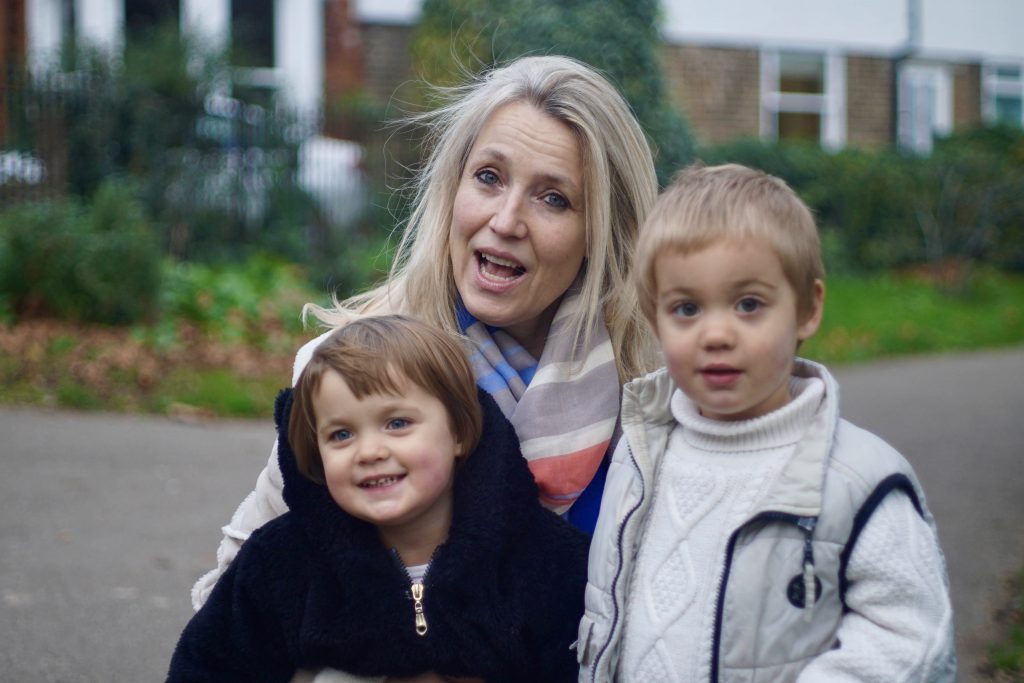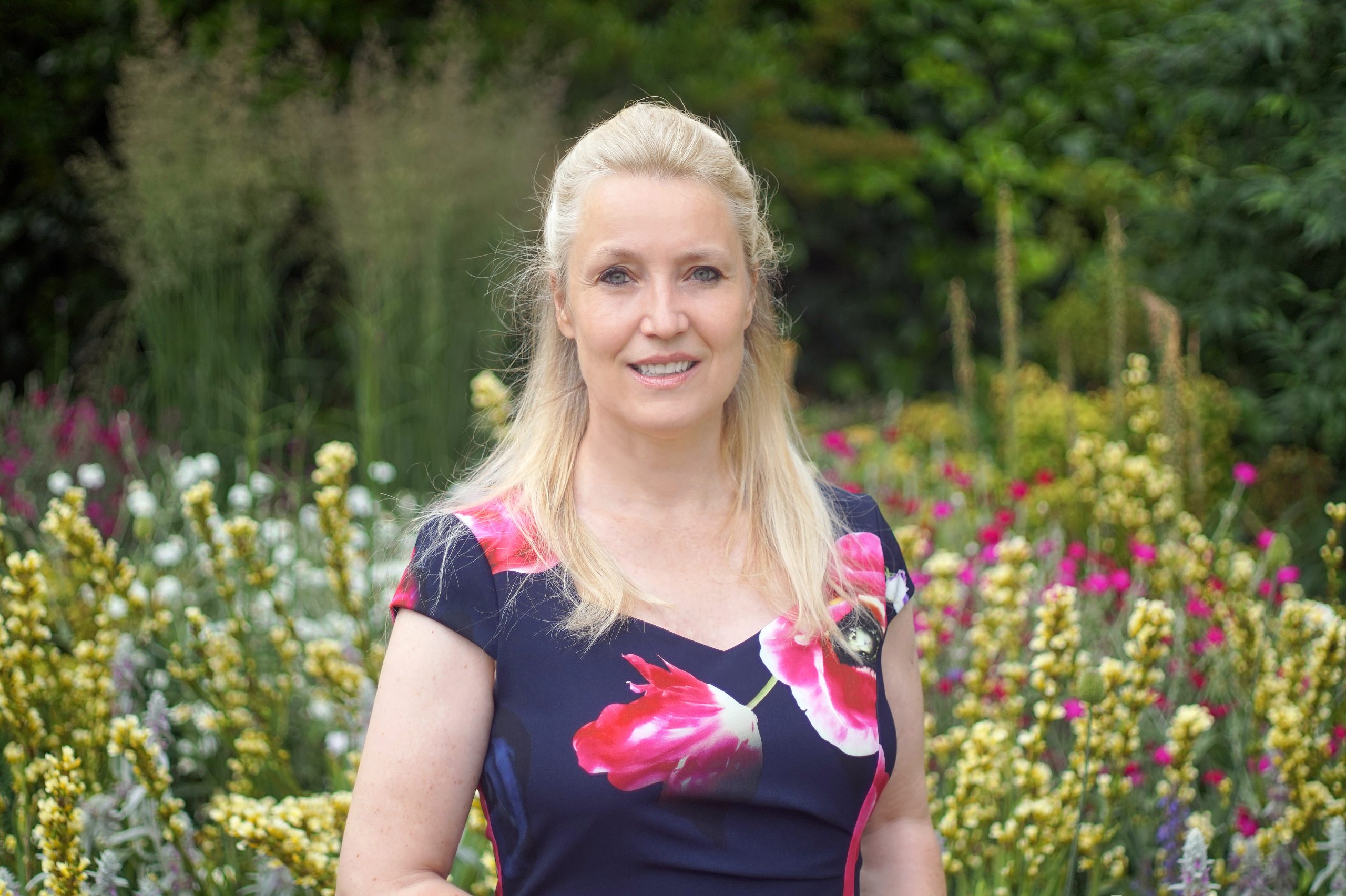
The Inspiring Story of Astrid Schmitt-Bylandt — Being a Single Mum by IVF & Empowering the Homeless: One Step at a Time
Astrid’s Motherhood – What You Can Learn
At around the age of 12, my older sister—then 26—moved to London for a job at the BBC and I had a chance to visit her. I immediately fell in love with London. At the age of 15 I was old enough for my sister to leave me strolling alone through London whilst she was working. I vowed that when I grew up, I too would live in London.
I knew one day it would happen and when turning 26 I worked for a company that organised corporate events, but I was at the time the PA to our director soon came to the realisation that I was very clearly NOT a PA and rather that I would like to be the boss and hire one. Although I loved the corporate events side and have used the organisational skills many times since – and I still love it.
Out of the blue I received a call from the Managing Director of the company I had worked for a year earlier. They were creating a sales job in London—my former boss was blazing her own path. I realised and was told I could take over her position, but I would have to move… to London! I was WOW-ed as this was exactly what I asked for 10 years ago. Where can I sign?
So, I did, I moved to London and living in London was just amazing! My new job in the travel industry allowed me to travel and enjoy my life. After September 11th I was made redundant and then decided to open my own business. Life in London was a roller-coaster and I even learnt how to play Polo—well, let’s say I took lessons and enjoyed the ride!
I made plenty of friends and all the while I didn’t have thoughts about finding “Mr Right.” Somehow, I thought when the time is right, he’ll come. Then, turning 46, I was sitting on my sofa, it was a cold January day, and I started sweating. I thought—NO, no, NO, NO! I CAN NOT go into menopause just yet!
I have wanted children for as long as I can remember and again, I had never doubted that this would happen, so now what was I going to do? I cried, I cursed I panicked, but once that feeling had subsided, I made a very quick decision – I WILL have kids, and I will just have them on my own!
Immediately, I got busy with researching IVF and IUI and having children on your own, including what countries this can be done in, where it is safe to get a sperm donor, and all that you need to KNOW. Within about 3 weeks I found a clinic in London, started the treatment and was pregnant for 2 weeks but then lost the pregnancy.
“Did I leave it too long,” “Is it too late?” It took me 2 further days to pick myself up — I never gave up… I always knew I would have children. I had lots of issues with the clinic in London so for round two I researched abroad; I found an amazing clinic in Barcelona. I had my second round of IVF there, over a weekend business trip.
The doctor who did the IVF looked like Enrique Iglesias, extremely handsome. I was seated on a gyno chair, slightly amused about the situation I had created for myself. Once the treatment was completed, I was handed a USB stick by the very handsome doctor and in an accent that would make Antonio Banderas jealous he said…: “Here, and Zis is how you got pregnant. Keep it. Maybe your children will want to know someday.” My reply, in this comical situation, was: “I should have had sex, right?” He shrugged a shoulder to one side. “Si.” This was just so comical!
I got up from the chair, feeling queasy already. I thought “YES, this time it’s real, I AM pregnant.” 2 weeks later I had my first scan which clearly showed just THAT. I WAS pregnant—with twins. Yes, I thought. YEAH Twins, OMG! Twins!
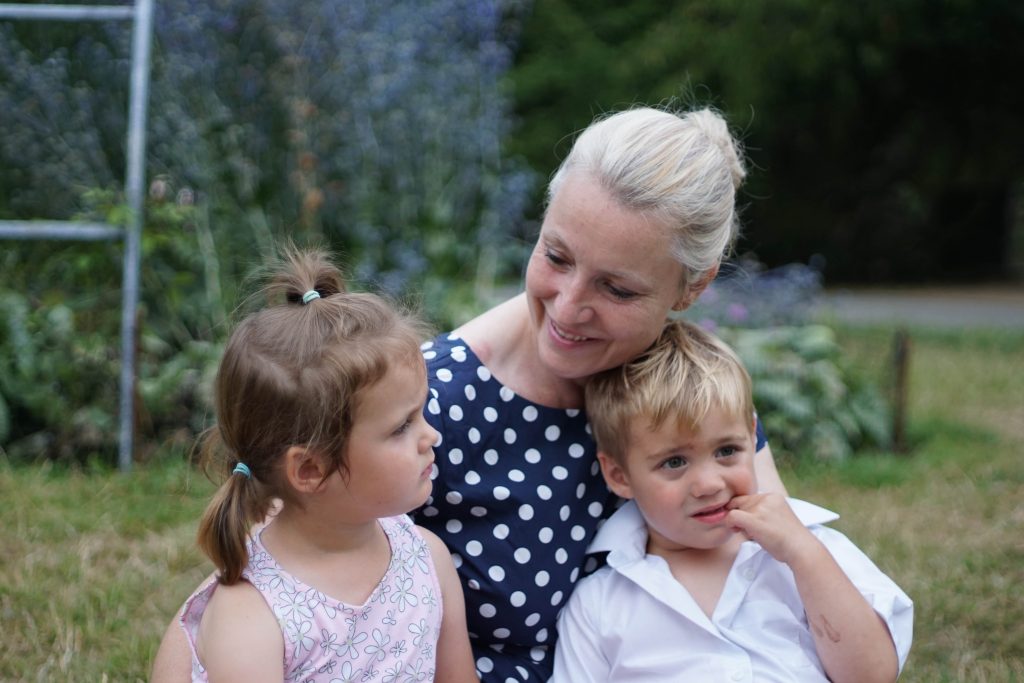
This is my message to anyone out there considering being a single mum by choice through IUI or IVF: Go for it! If that is your biggest desire I encourage you on every front, albeit you must absolutely prepare for it.
Anything can be done, for you and for me, with enough resources, mentally and physically. I knew my decision to be a mum would take planning. I wanted to have support around me, maybe a cleaner once a week, a babysitter and I also thought (and had) a maternity nurse for a few weeks—live-in after birth. I only stopped working for the first 24 hours, so I definitely needed her to be live-in. I even had the phone with me in the operating theatre… just to take pictures, but that fact makes for good conversations!
The entirety of my journey has been a constant amazement and my own mother (now 95) asked me last month, would you go for it again? What a question to ask… OF COURSE, I said, this truly has been the best decision of my life! Of course, there are tough times, not least lockdown completely on my own since I have no family in this country. I had never in my life imagined a time where I would not have access to ANY help…
I suddenly had to work from home, I had no cleaner, no babysitter, no family in London—no one. Around the clock with the kids, cooking, cleaning, and working put a lasting awe for any single parent in this world. YOU ARE AMAZING!
Children demand a lot (in case you read this and don’t have any). In reality my day should have 48 hours per day, although somehow of course we manage to cram things into the 24 hours.
Life was not originally made to juggle a career with a desire to have children, we all know that but… In my coaching I hear now so much about women feeling “Mum’s guilt” because they feel that they are never enough: not for their children, not for their work, not for their partners, not for themselves, which made me start writing a book to help mums everywhere to overcome this feeling of guilt.
We need to stop envisioning the perfectly groomed mum smiling into the camera while in her perfect home. We must stop this feeling of guilt that creeps up and accept that life is not perfect, we are not perfect, and we do not have to be.
Here’s my two cents: find out what makes you happy, focus on that most of the time, then get everything else around you organised. Only two weeks ago my nephew was getting married in Germany whilst we were out there visiting my mum for her 95th birthday—it was a civil wedding and only lunch followed afterwards—so I got up early, did 2 hours of work, then started packing my car. I had breakfast with my mum and the children, packed up for the children, drove 30 minutes to where the civil ceremony was going to happen, and joined everyone for lunch afterwards.
At around 16:00 I packed the kids into my car and drove 10 hours to London. Then I arrived in the middle of the night, unpacked the car, emptied it, and got both children into the house. I changed them into pyjamas and put everyone into bed, then locked up the door. In the morning I had a meeting at 10:00AM and wanted to unlock the door only to realise the lock had broken and we were stuck inside, unable to unlock the door.
I had booked the kids into a day of holiday camp to have my meeting and then go into the office after 4 weeks of absence—so I got out the back door and lifted my kids onto the garden wall. I sternly commanded them to: Stay. Right. There! “Nothing funny please,” was my heart’s prayer.
I then put on my dress and my wedges, locked the kitchen door from the outside, took a big jump on the trampoline and jumped onto the wall and then onto the street. Picking up my kids from the wall one by one and getting them into the car was leaving my twins in stitches.
Shortly after I drove them to the camp, drove to the meeting, then drove to the office. I later picked up the kids, again, then drove home for the arranged LOCKSMITH’S APPOINTMENT… we were finally able to get into our house the “normal” way again.
Obviously and luckily not all my days are like this, but like a scout… you must be prepared for the extraordinary. You must be flexible—yet nevertheless you must give yourself something of a break from the yoke of the day in the evening. For once, with my kids, I went to bed early having even read to them and switching the lights off on time (which on a tired day is early). I went to sleep so early, in fact, because it just felt so good.
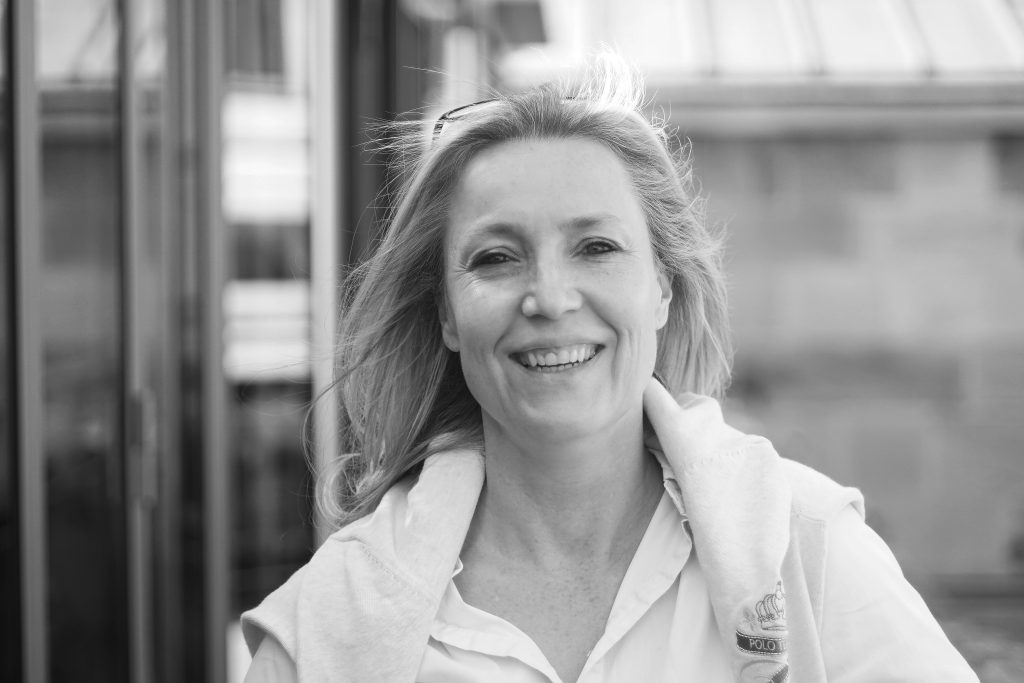
You have established Yes, It’s Possible, a company centered around helping the homeless find work, through several training and coaching programmes. What is your view on the current homelessness situation in the UK at present?
I started to really support the homeless during the lockdown, as in the first lockdown when public toilets and winter shelters were closed. The homeless really had nowhere to go. Yes, the government put people in hostels and hotels for a while, but it was clear that they would all be kicked out without actual solutions. Unfortunately, that is exactly what happened this year.
As a company, we cannot do outreach work, as we are too small now. However, we have reached out to Acton Homeless Concern and to St Mungo’s, to ask them to send us their clients that they believe are ready to work. That is the area where we can help the most. We put their CVs together, look at their skills and free courses available to them. We also help them find English language courses where appropriate.
That is our niche, and it really makes the difference. You cannot simply say “Here is a library, go and apply for jobs.” It would be through an online application (if the person is able to do that, which not everyone can) that they would get a job. More often, no company will take people that have been homeless and out of work for a long time.
In these situations, I would talk to companies, find out what they need, check what kind of clients we have on the books and match skills with the employer. The most important part is to convince the employer to give someone a chance – they have nothing to lose by interviewing people.
The biggest nightmare we face is people in HR hiding behind a generic process, a standard email, and no personal connection. Employment is a people’s business; we need to make it people friendly again.
Another big issue, of course, is finding accommodation. Even if we find a place that will take someone who has been homeless, the councils want to see the contract first before they pay housing support. However, any landlord would want to have the money first (1 month rent and deposit) before they issue a contract.
So… Now we are trying to do two things:
- Raise funds for us to support as many of the homeless in London as can be supported. (This is for now but I would really like to branch out to other cities).
- Ask companies to lend us money so that we can pay a landlord directly.
This way, the homeless person will get a contract, and can move in As Soon As Possible. Then, once the landlord gets paid by the council, they will pay us back. Thus, the client will never see the money and cannot spend it on anything unnecessary, and they are housed in suitable accommodation.
You might think this is such a simple thing, although no one seems to be doing it.
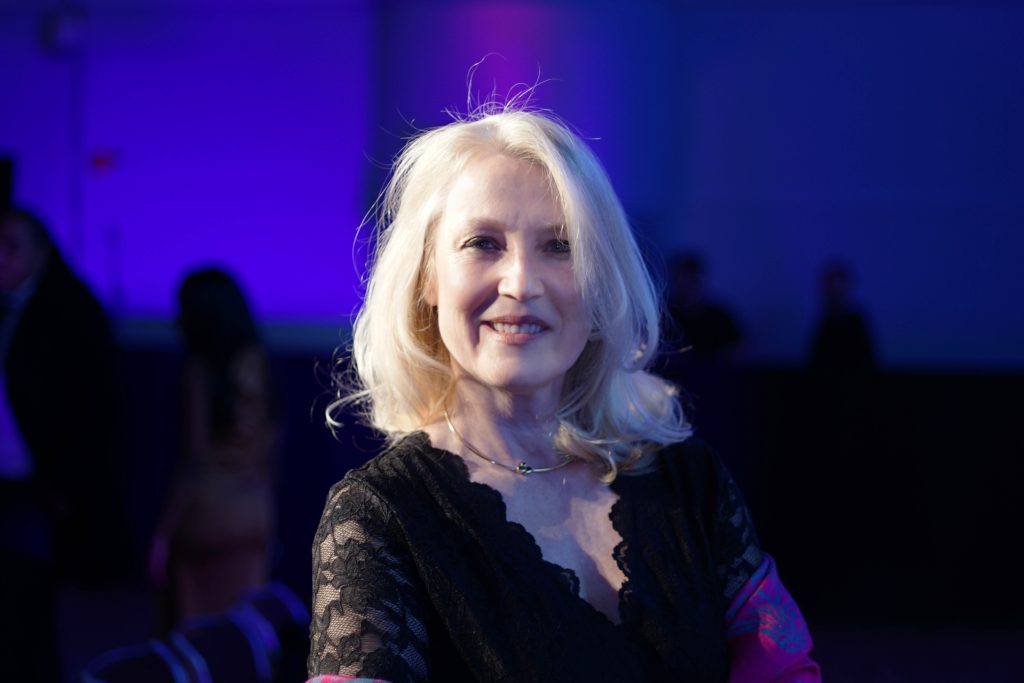
As an entrepreneur with multiple businesses, how do you effectively manage your time, finances, and resources?
Funnily enough, I do not manage these things well. I am forever struggling for time. I do think that I get an awful lot done, more than some people, because I am quite organised. Although, between dropping off the kids at school, going to the office, working until I pick them up again, then playing with them or cooking, getting things done at home etc, it is a crazy day.
I would genuinely like to have 48 hours in the day, but since that is not possible, I always try to do the hardest tasks, first! Unfortunately, that is just not always possible.
As for finance and resources, as I mentioned before, entrepreneurs must be flexible. When I was made redundant, I opened my own business. When Brexit happened, I changed my other business from bringing students over for internships, to coaching unemployed people for the job centres.
When the lockdown happened, I started coaching online. When I saw the horrible situation that the homeless faced, I felt rather than doing lots of talking and moaning, this needed action – so I acted. My company is not as big as I would like it to be, but with the help and knowledge of others, I believe I can move forward and quickly progress. Now, I reach out to everyone I know who can help, in any way they can.
How do you find the perfect work-life balance, as a successful businesswoman and a mother of twins?
What is perfect? There is no such thing as perfect. I would love to pick up my kids at 1pm, rather than at 3.30pm, and spend more time with them. I would love to work more hours to help house more homeless people.
You must accept that nothing is perfect, and that something will always be there to complete the next day. If you stop occasionally to make sure your priorities are in order, you can recalibrate and start the next week with a better schedule. That is how I do my best to move forward.
As a life coach, you provide numerous services from personal development to career and business guidance. What key tips would you give a first-time entrepreneur?
Make a written plan and be prepared to throw it all out when reality hits you. I started my businesses from nothing, and in hindsight, I would have been much more successful if I had money and a team for marketing, finance, and coaching behind me. If you can find people that will support you, then that will pay off a million times over. Of course, you need to find the right people that have your best interests in mind, not their own pockets.
You must also stay flexible – adapt to the market and the environment. Make sure you build structures early on in your business, so you will not need to do it all yourself eventually. Lastly, it is imperative to make sure you improve your sales skills every day of the week. Relationships make a huge part of every business. But mostly importantly, love what you do and everything else will follow.
